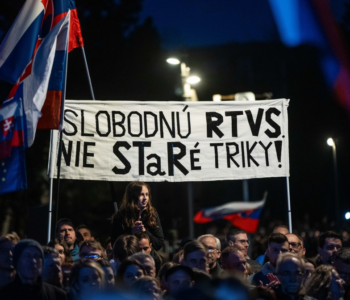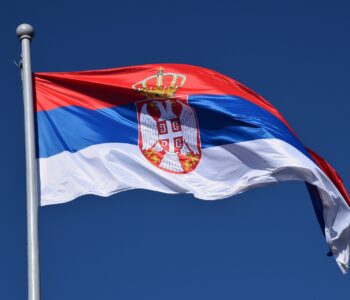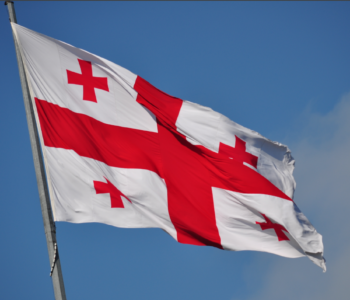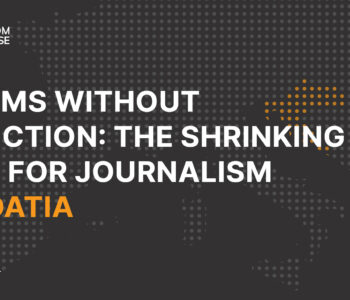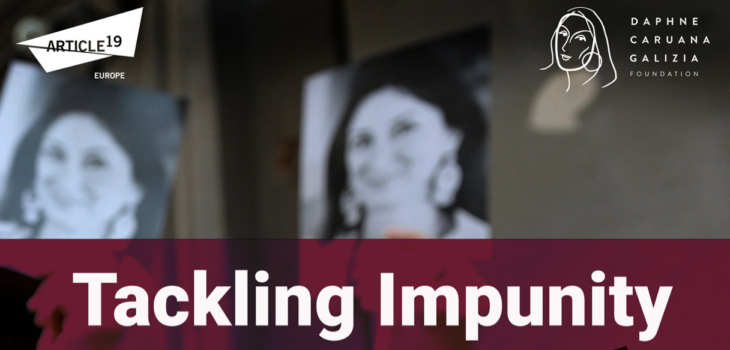
Tackling Impunity: Lessons from the Public Inquiry into the Assassination of Daphne Caruana Galizia
The murder of investigative journalist Daphne Caruana Galizia sent shockwaves across Europe and was a grim reminder of the risk reporters face while uncovering abuses of power. It was the first assassination of a journalist worldwide to be investigated through an independent Public Inquiry. To mark one year since the damning findings were unveiled, ARTICLE 19 Europe and The Daphne Caruana Galizia Foundation today publish a report that explores the efficacy of the Maltese Public Inquiry model, assessing whether it stands up as good practice.
The Public Inquiry into the circumstances of Daphne Caruana Galizia’s assassination was the first Public Inquiry to have taken place in Malta in nearly 20 years. It followed a strong public demand for a strengthened capacity to tackle corruption and wider rule-of-law reforms. The research from ARTICLE 19 Europe and The Daphne Caruana Galizia Foundation, ‘Tackling Impunity: Lessons from the Public Inquiry into the Assassination of Daphne Caruana Galizia’, assesses the significance of the Maltese Public Inquiry in the fight for truth, accountability and justice for Daphne’s assassination and the vital role civil society and international organisations play in ensuring an independent investigation is carried out. In addition, the report identifies lessons that can be learned from the Public Inquiry process so far, summarises its key achievements, and makes recommendations to the Government of Malta, to European Union institutions, and to international civil society.
This report was coordinated as part of the Media Freedom Rapid Response (MFRR), a Europe-wide mechanism which tracks, monitors and responds to violations of press and media freedom in EU Member States, Candidate Countries and Ukraine.

